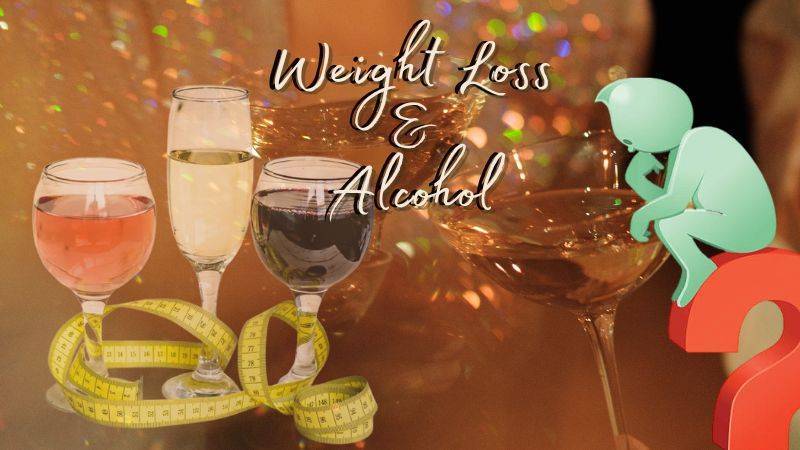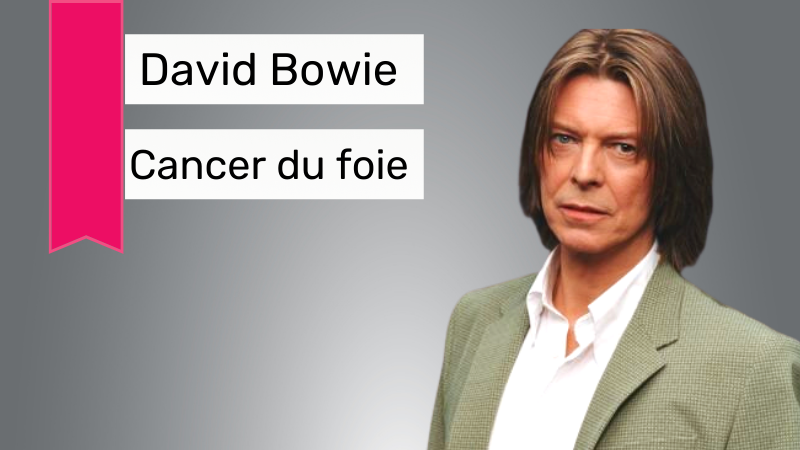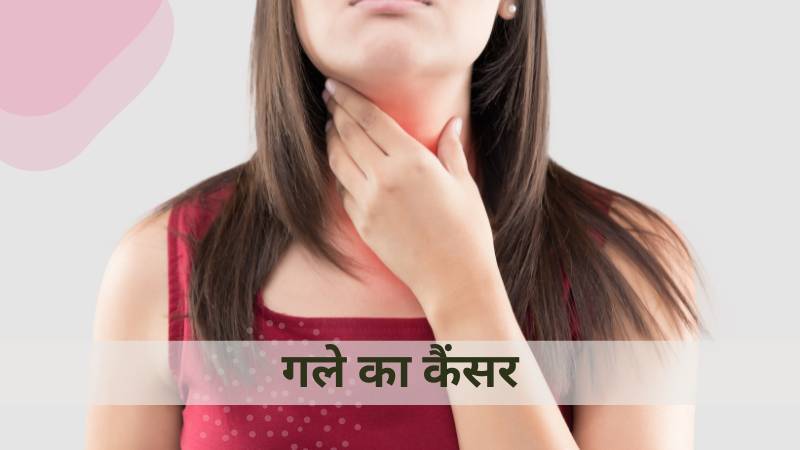Highlights
Weight loss and alcohol consumption might seem like opposites, but the truth is, it’s all about moderation and making smart choices.
Enjoying alcoholic beverages is a popular activity for many people, both from a social and cultural standpoint. While some studies indicate that alcohol, may offer health benefits and improved gut health.
Impact of Alcohol on Weight Loss: 7 Reasons to Rethink Your Drink
-
Alcohol as “empty” calories
Alcohol is often considered “empty” calories because it provides your body with energy but lacks essential nutrients.

A 12-ounce beer contains nearly 155 calories, while a 5-ounce glass of red wine has 125 calories.
A night out with multiple drinks can result in consuming hundreds of extra calories. Mixed drinks with fruit juice or soda can contain even more calories.
-
Alcohol as a primary fuel source
Alcohol consumption can lead to weight gain beyond its calorie content. When consumed, alcohol is burned as the primary fuel source before carbohydrates or fats. Consequently, excess glucose and lipids are stored as adipose tissue or fat.
-
Alcohol’s Impact on Organs
The liver acts as a filter for foreign substances like drugs and alcohol and plays a role in metabolizing fats, carbohydrates, and proteins.
Excessive alcohol consumption can lead to alcoholic fatty liver, which damages the liver and affects the metabolism and storage of carbohydrates and fats. This can make losing weight challenging.
-
Alcohol and belly fat accumulation
The “beer gut” is not a myth. Consuming high-sugar foods and drinks can lead to weight gain as extra calories are stored as fat. The body tends to accumulate fat in the abdominal area.
-
Alcohol impairing judgment, including food choices
Alcohol lowers inhibitions, leading to poor decision-making, particularly concerning food choices.
Research suggests that alcohol may trigger hunger signals in the brain, resulting in an increased urge to eat.
-
Alcohol’s negative impact on sleep
While a nightcap may seem like a recipe for a good night’s sleep, research suggests that alcohol can lead to increased wakefulness during sleep cycles.
Sleep deprivation can result in an imbalance of hormones related to hunger, satiety, and energy storage.
-
Alcohol’s effect on Digestion and nutrient absorption
Alcohol inhibits more than just social anxiety; it can also hinder proper digestive function.
Alcohol consumption stresses the stomach and intestines, leading to decreased digestive secretions and slowed food transit.
Impaired digestion and absorption of nutrients can significantly impact the metabolism of organs involved in weight management.
5 Best Alcoholic Drinks for Weight Loss
Alcohol can be a part of a healthy diet as long as you’re selective and aware of the calories and nutritional content of your drinks.
So, which alcohol should you reach for when trying to lose weight? Let’s take a closer look.
Red Wine: A Heart-Healthy Choice

Red wine is often touted for its potential health benefits, thanks to the presence of antioxidants like resveratrol.
- A standard glass of red wine (5 ounces) contains about 125 calories and a moderate amount of alcohol.
- Consuming red wine in moderation has been linked to a reduced risk of heart disease and improved gut health.
- If you’re watching your weight, opt for dryer red wines like Pinot Noir or Cabernet Sauvignon, which contain fewer calories and sugars.
Spirits: Low in Calories, High in Options
Spirits like
- Vodka
- Gin
- Tequila
- Whiskey
- Brandy
can be surprisingly low in calories.
A 1.5-ounce shot typically contains around 95-105 calories and no carbs, making them a great option for those on low-carb or keto diets.
However, be cautious with mixers and opt for low-calorie options like soda water or freshly squeezed lemon or lime juice to keep the calorie count down.
Light Beer: A Calorie-Conscious Classic

For beer lovers, light beers can be a great option when trying to lose weight.
Most light beers contain around 90-110 calories per 12-ounce serving, significantly less than their regular counterparts.
These beers also often have a lower alcohol content, which can help keep your overall calorie intake in check.
Champagne and Sparkling Wine: A Celebratory Choice
 When it comes to celebrations, champagne, and sparkling wine are often the beverages of choice.
When it comes to celebrations, champagne, and sparkling wine are often the beverages of choice.
A 4-ounce serving of brut champagne or dry sparkling wine contains around 85-95 calories and minimal sugar, making it a weight-loss-friendly option.
Just remember to opt for brut or extra brut varieties, as sweeter styles can contain more calories and sugar.
Hard Seltzers: A Refreshing Alternative
 Hard seltzers have gained popularity in recent years, offering a refreshing, low-calorie alternative to other alcoholic beverages.
Hard seltzers have gained popularity in recent years, offering a refreshing, low-calorie alternative to other alcoholic beverages.
Most hard seltzers contain around 100 calories per 12-ounce can and are often low in carbs and sugar. Many brands also offer a variety of flavors to suit your taste buds, making it a versatile option.
What to Avoid
While some alcoholic beverages can be enjoyed in moderation while trying to lose weight, others are best avoided.
- Sugary cocktails
- Dessert wines
- High-calorie beers
can quickly derail your weight loss goals.
Be cautious with mixers, as many are high in sugar and calories. Instead, opt for fresh fruit, herbs, and sugar-free options to add flavor to your drinks.
By making mindful choices and opting for lower-calorie beverages, you can still enjoy a drink without sabotaging your weight loss efforts.
Remember to always drink responsibly and consult with a healthcare professional if you have concerns about alcohol consumption and its impact on your health.
The Double Whammy: Why Combining High-Fat Meals and Alcohol Can Sabotage Your Weight Loss Goals
If you’re on a weight loss journey and trying to make healthy choices, it’s crucial to be mindful of the impact of combining high-fat meals or snacks with alcoholic beverages.

Here’s why you should steer clear of this combination for the sake of your weight loss goals:
- When you consume high-fat or high-calorie foods alongside calorie-dense alcoholic drinks like beer or wine, you’re providing your body with an abundance of energy.
- Alcohol is an easily accessible energy source for your body, which means the calories from those tempting late-night snacks are likely to be directed straight into your fat cells for storage.
- This combination of high-fat meals and alcohol is detrimental to your weight loss efforts. Not only do you have to work harder to shed the weight you initially wanted to lose, but you’ll also need to expend extra energy to burn off the additional fat accumulated during your indulgent night out.
- To keep your weight loss goals on track, it’s essential to avoid pairing high-fat meals or snacks with alcoholic beverages.
Instead, opt for healthier food options and lower-calorie drinks to ensure a more balanced energy intake and a better chance of success on your weight loss journey.
In a Nutshell
Eliminating alcohol from your diet isn’t the sole solution for weight loss. However, by simply reducing your alcohol intake, you can experience numerous benefits on your health journey.
These include a healthier body, enhanced sleep quality, improved digestion, and reduced consumption of those surplus “empty” calories.
If you still wish to indulge in an occasional drink, consider opting for vodka or whiskey on the rocks, and avoid sugary mixers like soda.
This way, you can strike a balance between enjoying your favorite beverages and supporting your weight loss goals.







